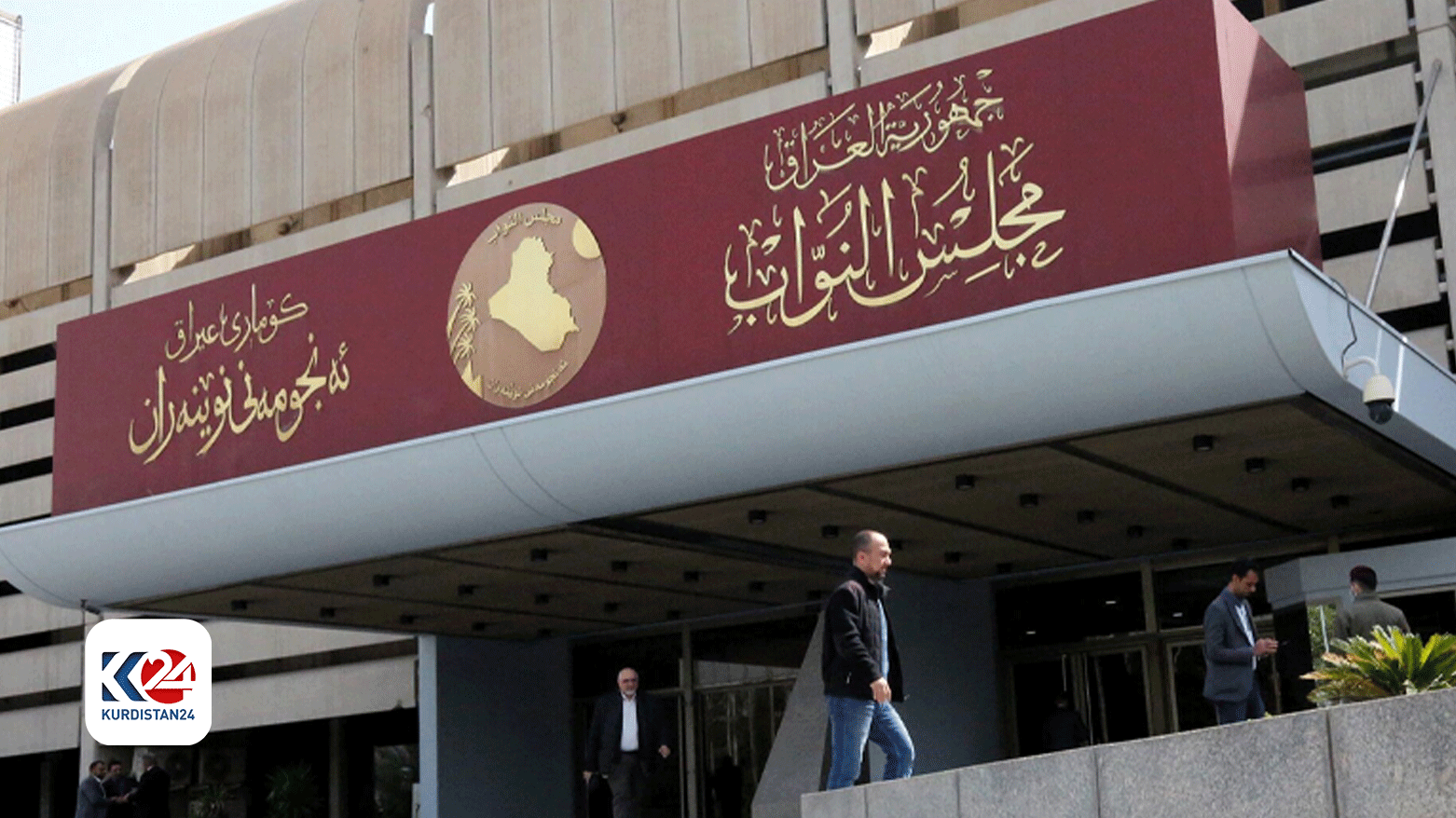Federal Supreme Court depriving Kurdistan Region's communities' political rights
The dispute centers on this conflict between Iraq's constitutionality of the quota seats and the Kurdistan Region's alleged unconstitutionality of the same thing.

ERBIL (Kurdistan 24) – The quota system that has been allocated for the representation of diverse communities residing in the Kurdistan Region has become a major political and social debate.
In any federal system of governance, both Regional Government and Central Government are constitutional entities. Each holds its constitution and laws.in particular, each also has the three branches of judiciary, executive and legislative; all that to safeguard a sense of self-governance for the regions.
Therefore, no unilateral changes or amendments can be implemented.
In accordance with the Iraqi federal constitution, every individual in Iraq, encompassing all communities, is entitled to equal participation in the political process. However, the Iraqi Federal Supreme Court is alleged to have denied this legitimate right to Kurdistan's communities.
The dispute centers on this conflict between Iraq's constitutionality of the quota seats and the Kurdistan Region's alleged unconstitutionality of the same thing.
As per the Iraqi federal constitution, every Iraqi, regardless of community, has the right to equal political participation in parliament or provincial councils. Article 20 emphasizes citizens' rights to engage in public affairs, exercise political rights, and participate in voting, election, and candidacy.
Article 49, paragraph one, outlines minority representation, stating that the Council of Representatives shall include one seat per 100,000 people, elected through direct, secret, universal, and representative suffrage. The constituents of the mentioned people are taken into account.
Out of the 329 seats in the Iraqi parliament, nine are allocated to minority communities, while 10 out of 285 provincial council seats are designated for these communities.
On February 12, 2009, the Kurdistan Regional Government (KRG) decided to reserve 11 out of 111 seats for Chaldean, Syrian, Assyrian, Turkmen, and Armenian communities in the Kurdistan Region. This measure aimed to enhance their participation in the political and legislative process, enabling them to advocate for their rights.
Federal Court Ruling on the Quota Seats
According to the ruling of the Iraqi Federal Supreme Court, issued on Wednesday, Feb. 21, the Iraqi Independent High Electoral Committee will take over the task of conducting and supervising the sixth round of Kurdistan parliamentary elections; The Kurdistan Region will be divided into four constituencies and the number of seats in the Kurdistan Parliament will be reduced from 111 to 100.
Read More: Kurdistan Region parliament seats reduced to 100 by the Iraqi federal Supreme Court
The Kurdistan Regional Government (KRG) announced the date of parliamentary elections
On Sunday, March 3, the Kurdistan Region’s President Nechirvan Barzani in a decree scheduled June 10 as the date of parliamentary election in the Kurdistan Region.
Read More: Kurdistan Region President sets June 10th for parliamentary elections